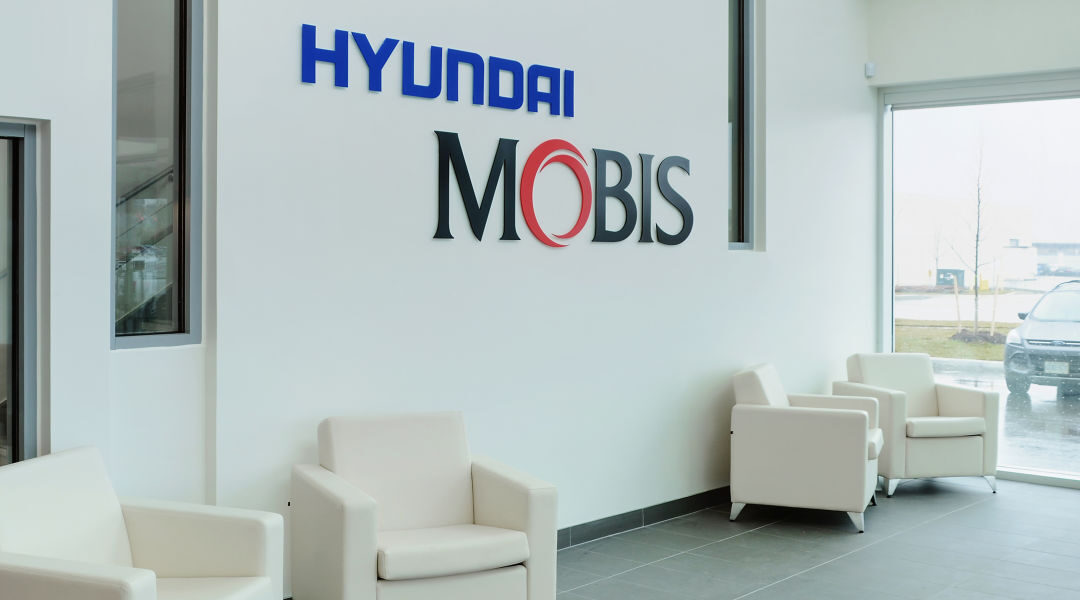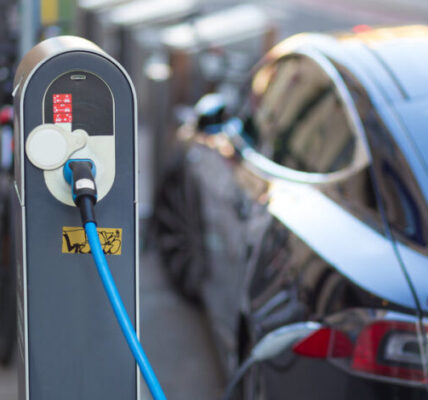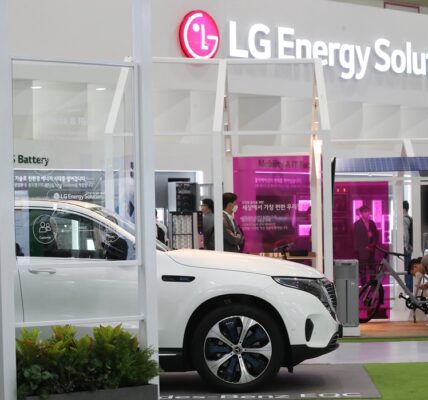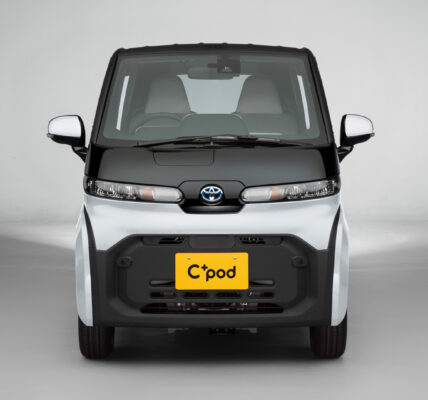Hyundai Mobis has made investments in key auto parts such as brakes, airbags, lamps, steering systems and automotive electronics since 1999, when Hyundai Motor Group reorganized itself. Despite the steady investments, the after-sales service subsidiary of the group is yet to get the upper hand in the global auto parts industry. Although the automakers in the group, that is, Hyundai Motor and Kia Motors, are successfully increasing their global market shares despite COVID-19, Mobis is still close to a subordinate parts manufacturer.
Nonetheless, Hyundai Mobis is currently investing more than 10 percent of its annual sales in auto parts R&D. This is possible because its after-sales service business unit is acting as its cash cow. In the first half of this year, the group accounted for 7.2 percent, the fourth-highest, of the global electric vehicle market. Hyundai and Kia released Kona EV and Niro EV in 2018 and the group’s EV sales volume has significantly increased since then. Starting from next year, the group will launch three to four EV models a year based on its dedicated platform e-GMP. It is aiming to quintuple its EV sales volume to one million vehicles and increase the number of its EV models by 19 to 23 by 2025.
Hyundai Mobis is currently designing powertrain systems for use in the vehicles in which a battery management system, a drive motor, a decelerator, a controller, an inverter and a converter are integrated. The part Hyundai Mobis is responsible for accounts for 16 percent of the price of the vehicle, which is second only to its battery cell.
With the group focusing on EVs, the future car component sales of Hyundai Mobis are continuing to increase despite the pandemic. Specifically, the sale reached 1.2 trillion won in the third quarter of this year, up 77 percent from a year ago. At present, the sales are equivalent to approximately 12 percent of the total sales of Hyundai Mobis.
Although its business unit in charge of such components is still in the red, the sub-unit responsible for EV parts is showing some profits. The company recently said that the business unit would be able to turn a profit in 2022 once the new EVs are released. This can be expedited in that the global EV market is expanding much faster than expected.
The annual R&D investment of Hyundai Mobis is more than one trillion won and it is increasingly pursuing M&A and technical cooperation worldwide. Experts point out that it is only a matter of time for Hyundai Mobis to join the group of top EV parts suppliers based on such efforts.







